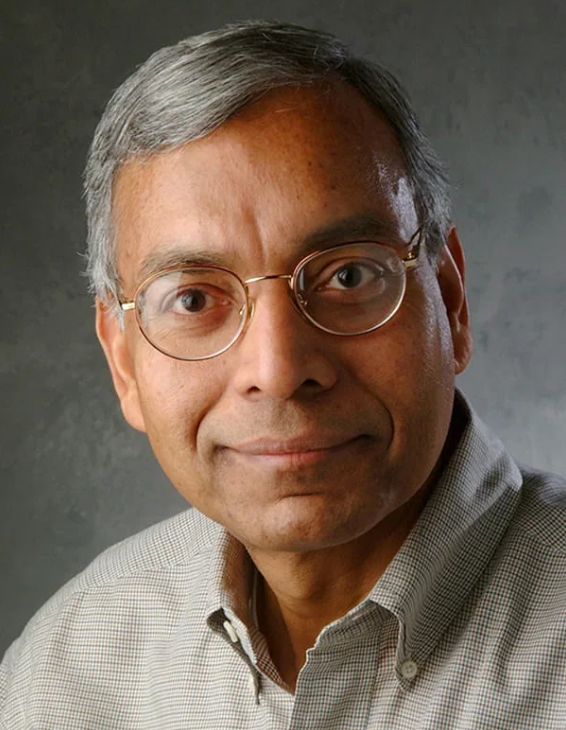Distinguished Prof. Anil K. Jain
Department of Computer Science and Engineering at Michigan State University, Michigan

Biometric Recognition: Past, Present and Future
A wide variety of systems require reliable personal recognition schemes to either confirm or determine the identity of an individual requesting their services. The purpose of such schemes is to ensure that the rendered services are accessed only by a legitimate user, and not anyone else. Examples of such applications include secure access to buildings, computer networks, mobile phones, healthcare, social benefits, and border crossing. In the absence of robust personal recognition schemes, these systems are vulnerable to the wiles of an impostor. Biometric recognition, or simply biometrics, refers to the automated recognition of individuals based on their anatomical and/or behavioral characteristics (i.e., face, fingerprint, iris and voice). By using biometric traits, it is possible to confirm or establish an individual’s identity based on “who she is”, rather than by “what she possesses” (e.g., an ID card) or “what she remembers” (e.g., a password). In this talk, I will give a brief overview of the field of biometrics and summarize some of its strengths, limitations including privacy concerns, state-of-the art recognition performance, and future research directions.
Anil K. Jain is a Distinguished Professor in the Department of Computer Science at Michigan State University. Over the past 50 years, his research has focused on pattern recognition, computer vision and biometric recognition. He served as the Editor-in-Chief of the IEEE Trans. Pattern Analysis and Machine Intelligence (PAMI). He is the co-author of Algorithms for Clustering Data (Prentice Hall, 1988), Handbook of Fingerprint Recognition (Springer, 2005, 2009, 2022), Handbook of Multibiometrics (Springer, 2006), Encyclopedia of Biometrics (Springer, 2009, 2015), Introduction to Biometrics (Springer, 2011) and co-editor of Handbook of Face Recognition (Springer). He was a member of the United States Defense Science Board and Forensics Science Standards Board. Jain was awarded Guggenheim, Humboldt and Fulbright fellowships, and was elected to the National Academy of Engineering, The World Academy of Sciences, Chinese Academy of Sciences, and Indian National Academy of Engineering. He was awarded Doctor Honoris Causa by Universidad Autónoma de Madrid, Hong Kong University of Science and Technology and Hong Kong Baptist University.